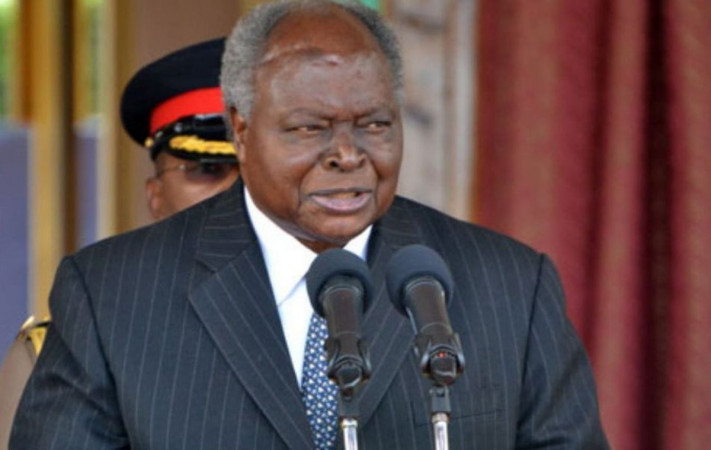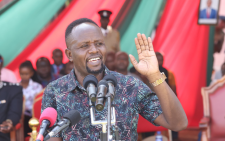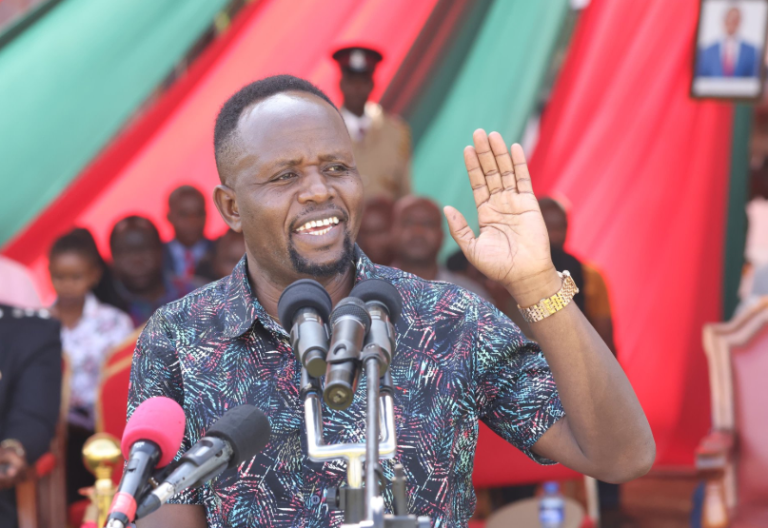Kibaki: Lessons from Kenya’s most consequential president

The passing on of retired President Stanley Emilio Mwai Kibaki has reignited in the country the issue of who a leader is, and what qualities make one outstanding.
Kibaki’s overarching vision, in word and deed, was for a prosperous country where people had money in their pockets, could access cheap credit delivered by banks through financial intermediaries using market mechanisms, and were able to access social services like health, education and cash transfers to the aged. In other words, a country where everybody could achieve their potential, but left no-one behind.
He surmised, correctly, the economy was the most critical pillar in a country, around which all other issues gravitated and depended upon.
He put together a strong economic management team, buttressed by a powerful advisory council of local and international experts drawn from private and public sectors.
Consequently, economic policies were not only well thought out, but thoroughly thought through. No wonder the whole country felt the economic groundswell that was a result of the endeavours of these teams.
Despite a long period of service spanning decades as a top public servant, neither his name, nor that of his family members, ever featured in connection with abuse of office.
The man’s humility was truly astounding. Having been a very powerful figure most of his life, one would expect a certain measure of arrogance. Not Kibaki. He was self-effacing to a fault.
Kenya’s leaders, almost to a man, lack humility, and many a time lash out in anger. This is very polarising. Leaders must be slow to anger, and quick to encourage and praise.
It is a testament to Kibaki’s determination to push through his vision for Kenya that he was able to come back from a near fatal accident, and was incapacitated for long. That period in which he was recuperating at State House set back his administration, and he had to work extra hard to get his vision back on track.
His performance demonstrated to Kenyans what governance really means. After 24 years of Nyayo rule by President Daniel Moi, where public service values virtually disappeared, Kenyans needed to see a leader who is a stickler for the rule of law, rules, and institutions. Kibaki virtually set the standards by which all who follow him will be evaluated. And it will not be an easy test.
His darkest moment was the post-election violence of 2007/2008, after the election that was badly bungled. Despite all the media hype at the time, an independent review by widely respected South African Judge, Johann Kriegler, concluded that it was impossible to determine who won that election between Kibaki and his challenger, Raila Odinga.
So over 1,400 people were killed and over 600,000 displaced over misplaced claims. The trigger for the violence was the incendiary rhetoric from political players who had perfected the art of ethnic mobilisation and jingoism for political purposes. Kenyan leaders must emulate Kibaki, who eschewed the ethnic profiling and jingoism that so easily rolls out of the tongues of so many of Kenya’s leaders.
And while the responsibility for keeping Kenyans safe fell squarely at his desk as President, the biggest indictment goes to his competitors who, unable to fight his record, chose the more sinister root of creating ethnic animosity.
Even after the post-election violence, he never lost sight of his vision, picking up right where he had left off. He went on to deliver a sound economic revival in the second term despite all manner of disruptions from his new partners in Government.
Kibaki will be a hard act to follow, but these are some of the key lessons that the next occupant at State House must pick up and follow through.
There are two key contestants for the presidency in the 2022 election, one of whom will be ensconced within State House walls by the end of 2022. That occupant will be well advised to take a copy of Kibaki’s playbook as his bedtime reading if he is serious about achieving anything for Kenya.








